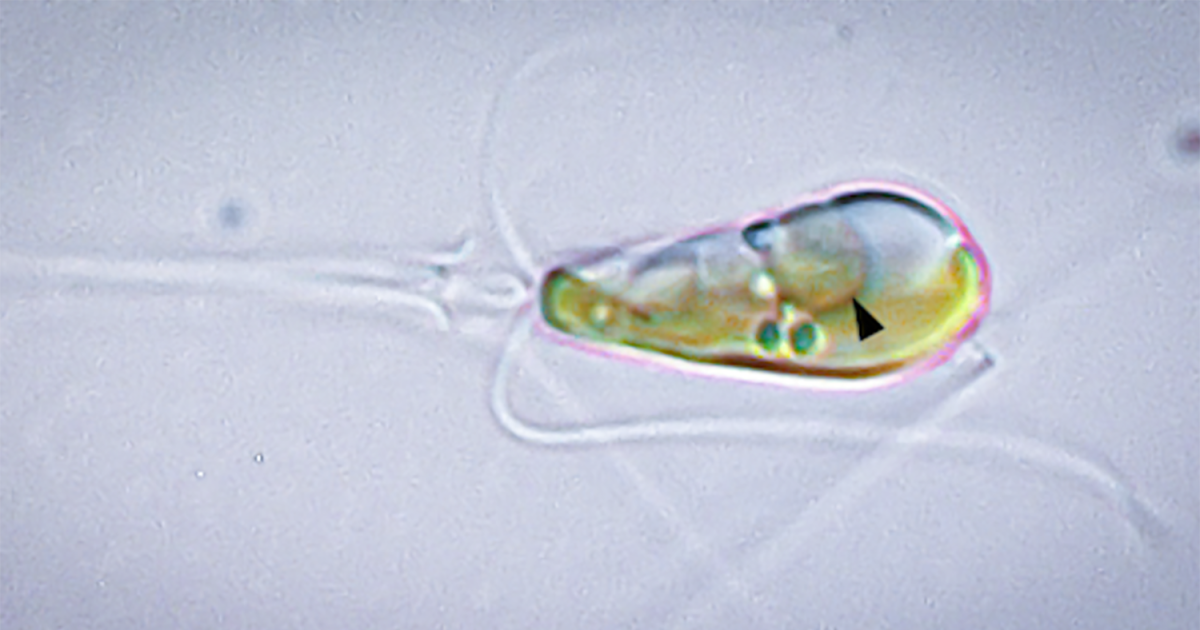From the article:
Scientists have caught a once-in-a-billion-years evolutionary event in progress, as two lifeforms have merged into one organism that boasts abilities its peers would envy. Last time this happened (1.6 billion years ago), certain advanced cells absorbed a type of bacteria that could harvest energy from sunlight. These became organelles called chloroplasts, which gave sunlight-harvesting abilities, as well as a fetching green color, to a group of lifeforms you might have heard of – plants.
And now, scientists have discovered that it’s happening again. A species of algae called Braarudosphaera bigelowii was found to have engulfed a cyanobacterium that lets them do something that algae, and plants in general, can’t normally do – “fixing” nitrogen straight from the air, and combining it with other elements to create more useful compounds.



So the last time was chloroplasts, right? And that worked out super well for all the other organisms and didn’t do anything catastrophic to the atmosphere, right?
Meh, what bad thing could possibly happen if our nitrogen concentration goes down dramatically? I mean that stuff is basically useless /s